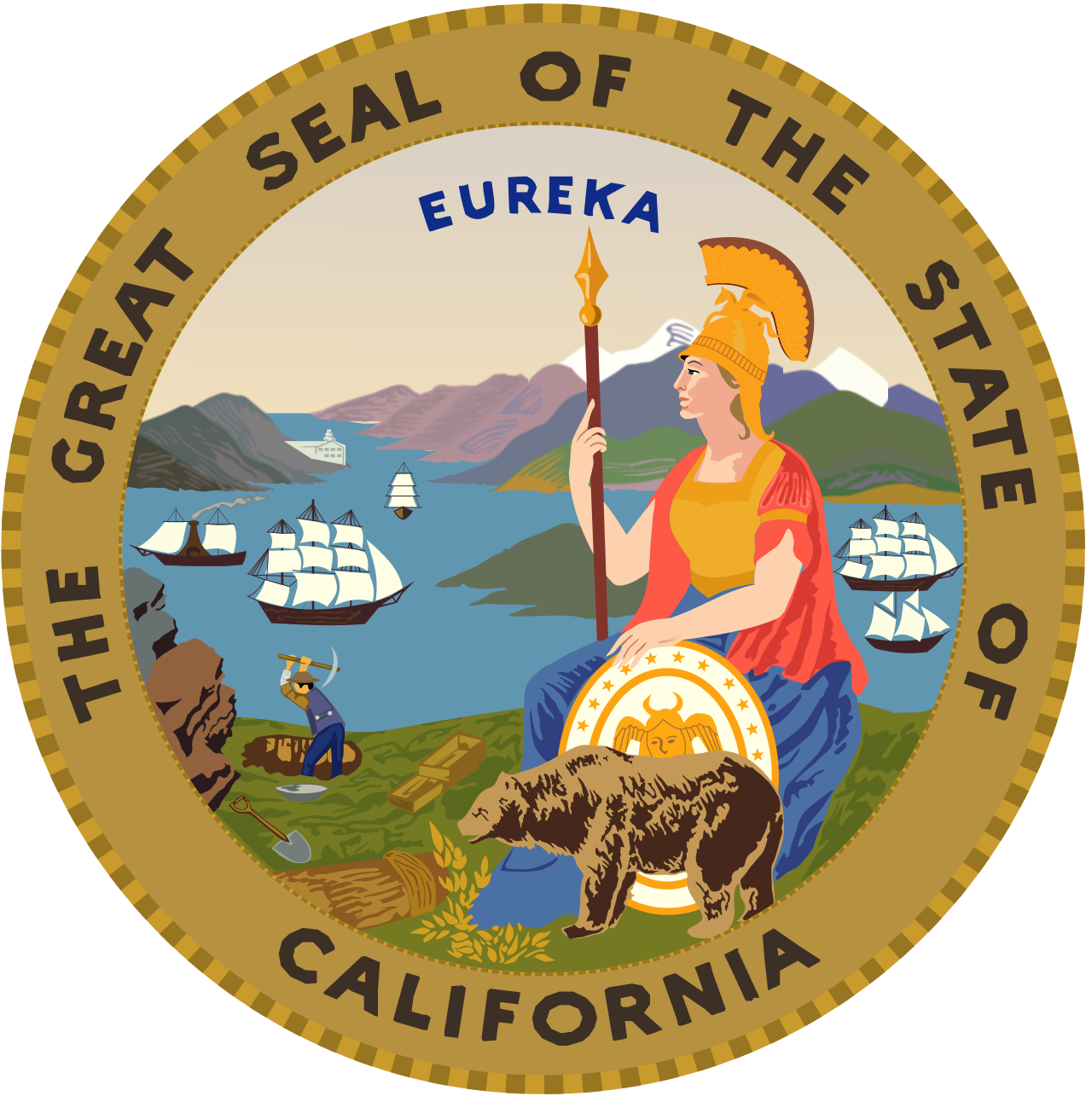Saltwater corrodes firefighting equipment and may harm ecosystems, especially those like the chaparral shrublands around Los Angeles that aren’t normally exposed to seawater. Gardeners know that small amounts of salt – added, say, as fertilizer – does not harm plants, but excessive salts can stress and kill plants.
“Salting the earth” was done by conquering armies who weren’t going to try and occupy the region.
It can turn fertile fields barren for years, and there’s not really anything you can do about it.
There’s very little evidence that ever actually happened, though it’s possible it did happen on rare occasions.
Its quite likely it was known about but not done due to the time, cost and availability of salt to an army out of its territory.
Probably it was always a bit of a metaphor, just like we use it today.
I mean, salt was expensive as fuck, people weren’t wasting it to fuck over someone very far away…
Most of the time it was a symbolic gesture with like a hand full of salt.
Dumping sea water at this volume tho will have an effect for a long time, and we can’t really undo the damage. Which is why it’s an apt reference.
I wonder what happens to the salt we put on roads during the winter?
Kills amphibians, fish, plants and the frame of my truck. People need to learn to drive or stay home.
In the UK we don’t have any special rules for winter driving but in many parts of Europe drivers are trained for these conditions and it’s illegal to drive on summer tyres, driving without emergency equipment, etc.
It got what plants crave!
Rebuilding is a likely ambition. Forest growing back around homes is not going to make insurance affordable. Community solar where deforested is good use of land both for climate, and insurability. Solar displaces more CO2 than trees with 200w replacing 10 trees. For Corn ethanol, solar produces 40 times more heat energy, and 160 times more EV power relative to the ICE engine use, not that LA hills are corn ethanol candidates.


